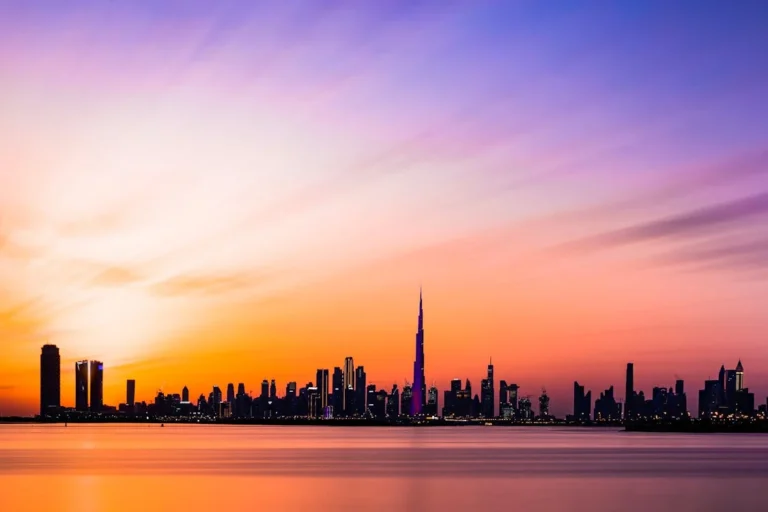Introduction
sonapur dubai officially known as Muhaisnah, is a densely populated industrial and labor camp area located in the northeastern part of Dubai, United Arab Emirates. Though the name “Sonapur” translates to “Land of Gold” in several South Asian languages, the reality of this area contrasts starkly with its name. It is home to tens of thousands of low-income migrant workers, primarily from South Asia, who have come to Dubai in search of better livelihoods. Over the years, Sonapur has garnered attention due to its unique socio-economic dynamics, overcrowded living conditions, and the critical role it plays in the backbone of Dubai’s labor force. Despite being hidden away from the glitz and glamour associated with Dubai, Sonapur represents a vital and often overlooked part of the city’s growth and development.
1. The Geographical and Administrative Identity of Sonapur
Sonapur, located within the larger Muhaisnah area of Dubai, is situated near Al Qusais and borders the Emirate of Sharjah. It is not a formally recognized name on the city’s official maps, yet it is widely known and used by locals, especially those in labor and construction sectors. The term “Sonapur” became common through word-of-mouth among workers and gradually gained popularity in informal speech. Administratively, it falls under the jurisdiction of Dubai Municipality and is categorized as a labor accommodation zone. The area’s urban planning is tailored to accommodate the massive influx of low-income workers, with numerous labor camps, industrial warehouses, and logistical support centers concentrated here.
2. Living Conditions and Infrastructure in Sonapur
The living conditions in Sonapur have been a subject of international media coverage and human rights discussions for many years. Typically, workers are housed in large dormitory-style accommodations, often shared with six to ten people per room. These camps are functional but minimalistic, with basic amenities such as communal kitchens, bathrooms, and limited recreational spaces. While the Dubai government has taken steps to improve standards over the years, overcrowding and lack of privacy remain persistent issues. During peak construction seasons, the infrastructure often struggles to keep up with demand, leading to issues like limited water supply, inadequate waste management, and public health concerns. Despite these challenges, Sonapur remains a necessary housing solution due to the economic scale of Dubai’s development projects.
3. The Workforce Behind Dubai’s Skyline
The majority of Sonapur’s population comprises laborers from countries such as India, Pakistan, Bangladesh, Nepal, and the Philippines. These workers are the unsung heroes behind Dubai’s soaring skyscrapers, futuristic infrastructure, and vast construction projects. Employed primarily in construction, logistics, sanitation, and maintenance, they perform physically demanding jobs under challenging weather conditions. Many send the bulk of their earnings back home to support families, often sacrificing personal comfort and family life for years on end. Despite limited leisure opportunities and tough working conditions, their resilience and hard work are key to the success of Dubai’s ongoing urban expansion. Without Sonapur’s labor force, the rapid modernization of the city would not be feasible.
4. Social Life, Culture, and Community in Sonapur
Despite the hardships, a strong sense of community thrives in sonapur dubai Workers form tight-knit bonds through shared language, religion, and cultural practices. Religious centers, especially mosques, play a vital role in daily life, offering spiritual solace and a communal gathering point. On weekends or public holidays, the streets come alive with impromptu cricket matches, music, and gatherings that momentarily lift the weight of the labor-intensive lifestyle. Small eateries and ethnic grocery stores cater to the diverse population, creating a microcosm of South Asian and Southeast Asian cultures. Though entertainment options are limited, the community spirit and cultural cohesion help workers cope with their isolation and emotional burdens.
5. Government Policies and Future Prospects for Sonapur
Over the past decade, the UAE government has introduced various reforms aimed at improving labor rights and accommodation standards in areas like Sonapur. These include regulations on minimum wages, employer accountability, improved labor camp designs, and mandatory health and safety protocols. Dubai Municipality has also been working on redeveloping certain zones, offering better infrastructure and transportation access. However, the pace of reform is often slower than the growth in demand for cheap labor. Going forward, the integration of laborers into the broader urban fabric, with more humane living conditions and access to social services, will be essential. Sustainable urban planning that accounts for this essential workforce will determine not only the future of Sonapur but also the ethical growth of Dubai itself.
